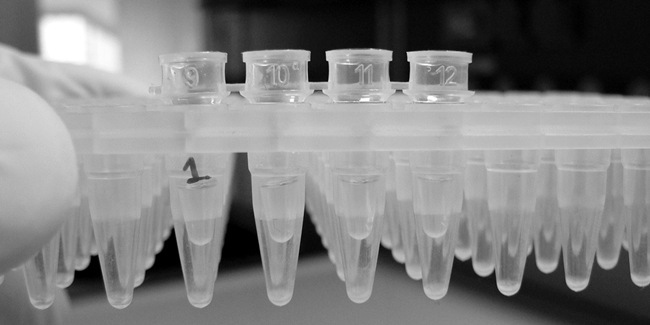A patient in Tayside is being treated for the life-threatening infectious disease E. coli 0157.
NHS Tayside was unable to give any details of the individual local case of E. coli 0157. It is not known whether the patient has received treatment in hospital or in the community.
Cases of the infection, which in its most serious form causes kidney failure and can be fatal, have more than doubled across Scotland this year.
The Tayside case has been reported to Health Protection Scotland, which highlighted the rise in cases nationally in a report published on Wednesday.
It noted that there had been 55 cases of E. coli 0157 in the first four months of this year. The average number of cases for the same period in each of the years between 1999 and 2010 was just 25.
The report did not reach any conclusions about the reasons for the recent rise or if there was any significance to be drawn from it.
However, it did state that, “The unusually severe weather conditions in the UK during winter 2010-2011 could have influenced the spread or survival of particular strains (of E. coli 0157) in food, water, or environmental sources.”
A spokeswoman for NHS Tayside said there was no evidence of a large rise in numbers of patients with E. coli 0157 locally.
A charity that works to spread awareness of the bug outlined the symptoms and effects of the infection.
Haemolytic Uraemic Syndrome Help (HUSH) was set up in 1997 following the outbreak of E. coli 0157 in Wishaw linked to a local butcher when 20 people died and there were 497 reported cases.
The charity said that E. coli was a bug commonly found in the intestines of man and animals.
E. coli 0157 is a “mutant” form of the bacterium which lives in the intestines of some cattle, sheep and goats but is not naturally found in the intestines of man. It produces toxins which can be potentially fatal when ingested in very small amounts.
It was initially known as the “hamburger bug” due to the number of outbreaks resulting from eating undercooked hamburgers.
However, in recent years microbiologists have discovered that a significant amount of these cases can be as a result of environmental causes, such as from playing in fields once occupied by cattle and sheep or by touching infected animals.
Normally the most vulnerable groups are children, the elderly or those who suffer from suppressed immune systems. Initially symptoms can present as diarrhoea, severe abdominal pain and sickness.
In a small percentage of cases sufferers can go on to develop haemolytic uraemic syndrome, which can lead to kidney failure and is sometimes fatal.
Some people, particularly the elderly, may develop thrombotic thrombocytopaenic purpura, which can result in an encephalitis like disease, with psychosis, comas or seizures.
Image used under Creative Commons licence courtesy of Flickr user kaibara87.
